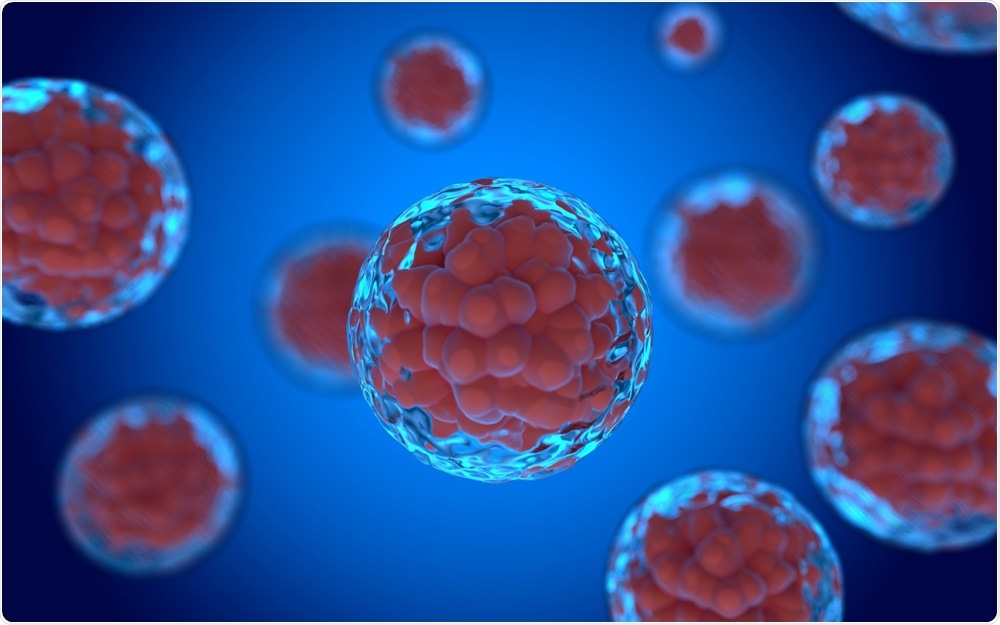Researchers at the University of Toronto have discovered mutational signatures of tumor hypoxia (low oxygen) in 19 cancer types. The results could be used to help clinicians identify patients who would benefit from higher treatment doses.
 m63085 | Shutterstock
m63085 | Shutterstock
In a landmark pan-cancer study analyzing more than 8,000 tumors across 19 different cancer types, researchers have identified molecular hallmarks of hypoxia in human tumors – a well-known cause of treatment resistance and cancer spread.
Although it is well known that tumors thrive in low-oxygen environments, the impact of low oxygen on tumor cells is not well understood.
"Hypoxia was previously associated with aggressive disease, but the mechanisms by which it drives this process in human tumors was poorly understood from a genetic angle," says Robert Bristow, a director at the Manchester Cancer Research and CRUK Manchester Centres at the University of Manchester.
Now, lead author Vinayak Bhandari and colleagues have discovered common hallmarks of hypoxia that could be predictive of tumor aggressiveness and help to inform treatment decisions.
“Here we've exploited a wealth of human tumor data to gain a more comprehensive understanding," says Vinayak Bhandari.
By tying together our new understanding of the environment in which tumors develop with detailed evaluation of genetic changes, we created a biological signature that highlights patients who may benefit from more therapy."
Vinayak Bhandari, Lead Author
The markers the team identified pave the way for new opportunities to develop therapies that target hypoxia-related treatment resistance and cancer spread across many different types of cancer.
"Understanding common genomic traits across cancer types is critically important to the future of cancer diagnosis and treatment," says senior investigator Paul Boutros.
The team was originally motivated by an inability to distinguish between aggressive and non-aggressive prostate cancers, but Bhandari and colleagues say their findings actually shed light on how therapies might be applied across many cancer types.
"We can now start to exploit these findings into novel clinical trials to target hypoxia and abnormal genetics at the same time," adds Bristow.
Stuart Edmonds, Vice President of Research at Health Promotion and Survivorship at Prostate Cancer Canada, says the research will open new opportunities for physicians to choose the optimal treatment for each patient and improve patient outcomes: “This will ultimately lead to better quality of life and an increased rate of survival."